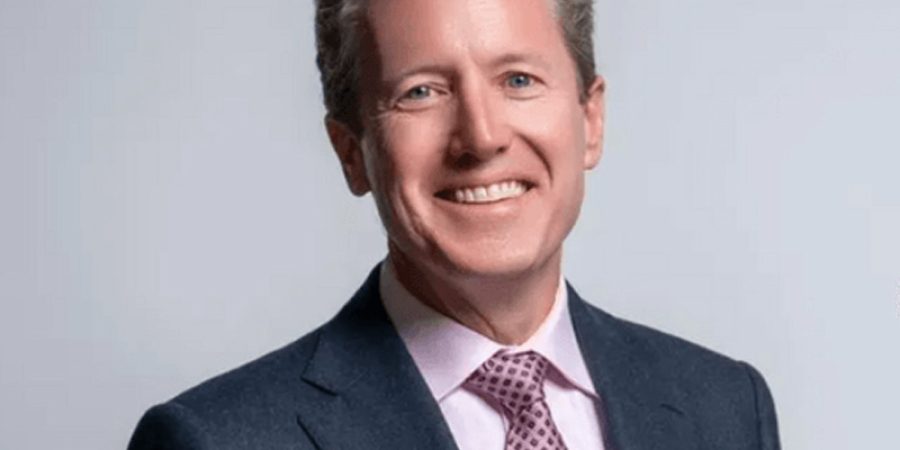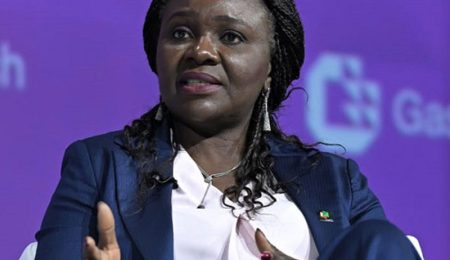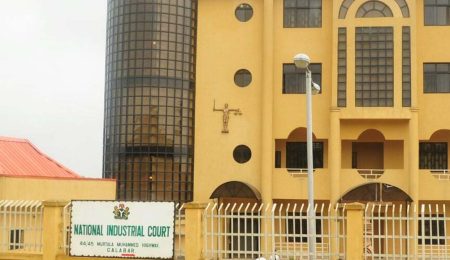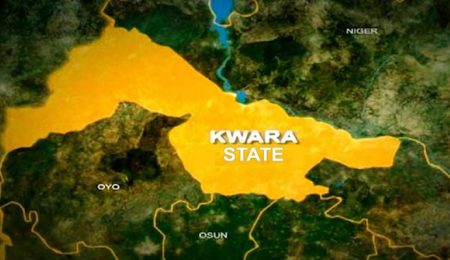Nigeria’s Dangote Group has appointed a former head of Oman’s Duqm refinery, David Bird, as chief executive of its petroleum and petrochemicals business.
This is coming as it strives to overcome production challenges and advance its next wave of expansion, S&P Global reported on Friday.
Effective July 2025, David Bird, the new pick, stepped in as CEO of the Dangote Group’s fuels and petrochemicals business, which commissioned the world’s largest single-train refinery last year, the report said.
However, Dangote Group founder, Aliko Dangote, will stay on as chairman of the refining business and CEO of the wider conglomerate, which is also active in cement, fertilizers and sugar refining, the report added.
The business is expected to tap Bird’s experience expanding the Duqm refinery and diversifying its crude slate as CEO of OQ8, a role he adopted months before the Omani complex began its first test runs in 2023.
In written comments to Platts, Part of S&P Global Commodity Insights, Bird said his focus at Dangote would involve advancing the group’s footprint beyond the Nigerian market and across the African continent.
As CEO of the refining business, he will be responsible for ensuring maximum output and efficiency for the refinery, and aims to make the group a leader in the global market, he said in a LinkedIn update.
The appointment comes after a string of unit upsets and “design issues” that have stalled the ramp-up process of the 650,000 bpd refinery, while its leadership has called out a hostile business environment for challenging its operations.
Since it was commissioned in January 2024, Dangote has quickly grown its market share in the Nigerian fuel sector, displacing large volumes of petrol imports that the country once relied on.
However, Aliko Dangote has railed against “rent-seeking” trade partners and substandard fuel imports for putting strain on the business.
In a previous interview with Platts, Bird emphasised a trading-led approach to achieve a competitive edge in the refining sector, with a focus on high utilization rates, efficiency and feedstock flexibility.
His approach aligns with a recent shift from the Dangote complex to process a wider range of crude grades, partially spurred by limited availability of the Nigerian oil it was designed to process.
But the Nigerian refinery is still obliged to sell fixed volumes of its oil products into the domestic crude market under a naira-based trade agreement with the Nigerian National Petroleum Company (NNPC), a 7.2 per cent stakeholder in the business.
As the Dangote Group eyes its next wave of growth, it plans to expand the capacity of the Lagos refinery to 700,000 bpd, build out port infrastructure and establish foreign storage assets in Namibia and other countries, the S&P report added.
In August, the $20 billion facility located in Lagos is set to roll out its own distribution business with a fleet of 4,000 Compressed Natural Gas (CNG) powered trucks.
Emmanuel Addeh
Follow us on:



